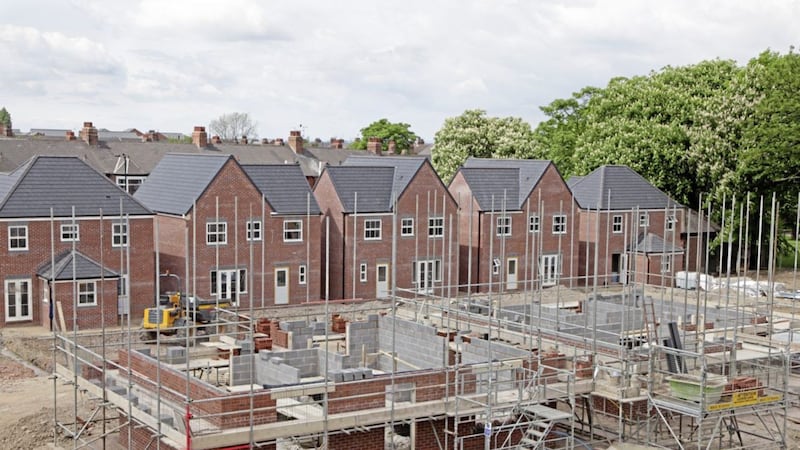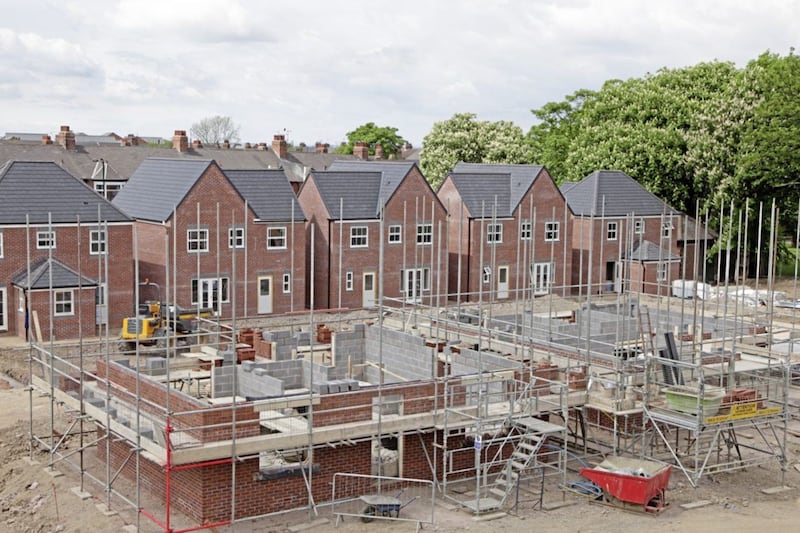TO say 2020 has been a strange year is a considerable understatement. Yet, it started so well with the restoration of the Assembly in January, following the publication of the New Decade, New Approach document which, for the housing sector like many others, was a significant moment.
New Decade, New Approach gave commitments on a number of vital areas, including reversing reclassification, extending welfare mitigations and moving to multi-year budgets for the Social Housing Development Programme, which were key campaign issues for NIFHA in recent years. In the absence of a government between 2017 and 2020, the social housing sector led from the front and continued to grow and thrive.
This month, NIFHA launched its annual Sector Global Accounts for 2019/20, which look back on the achievements and financial impact of the social housing sector.
Working with PwC to present the accounts, it is important that the considerable economic value of the Social Housing sector is recognised, with a turnover of £383 million and more than 3200 staff directly employed in the sector.
Completing the construction of 2,634 new social and co-ownership homes is key to the success of the sector. Hundreds of construction and supply chain jobs have been supported and 2,634 families are now in high quality new homes, as well as the wider community building work Housing Associations undertake. Housing associations now own and manage just under 56,000 homes, an increase of 4.9 per cent on 2019.
Key to delivering this success has been the ability of housing associations to secure private sector finance to supplement the Housing Association Grant (HAG) provided by the Department for Communities.
Leveraging private sector finance bolsters the social housing sector and allows it to build twice as many homes as would otherwise be possible. This is crucial at a time when the numbers in housing stress are growing and are expected to increase further as a result of the pandemic.
Like everything in 2020, we cannot look at the sector without recognising the impact of Covid-19. Our Sector Global Accounts address the year up to March, and we all know what has happened since then.
From the onset of lockdown and restrictions, the social housing family stepped up to make sure our must vulnerable were supported and protected.
Our ‘Housing Heroes’ went above and beyond in 2020, and we are rightly proud of their work. 2020 has impacted on social housing delivery, we recognise that, but housing associations have adapted, ensuring new, safe working practices have been implemented to allow them to continue their important work and to support their communities.
The recent announcement by the Minister for Communities on the reform of the NI Housing Executive and wider sector changes are welcome advances, and we look forward to working with Deirdre Hargey as these matters are developed in 2021.
Housing is a foundation stone for society, and our members are committed to growing the social housing sector even further, to provide quality homes and build resilient communities across Northern Ireland.
:: Ben Collins is chief executive of the Northern Ireland Federation of Housing Associations (NIFHA)






